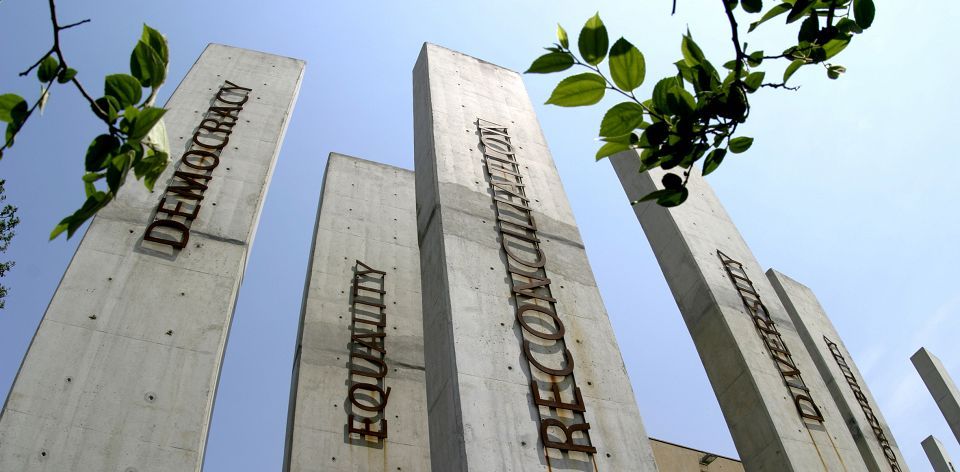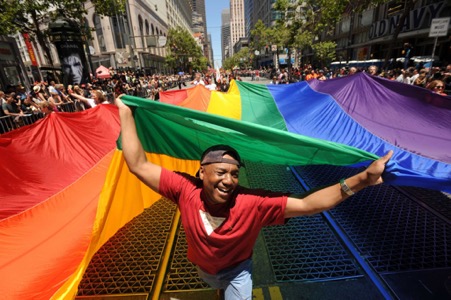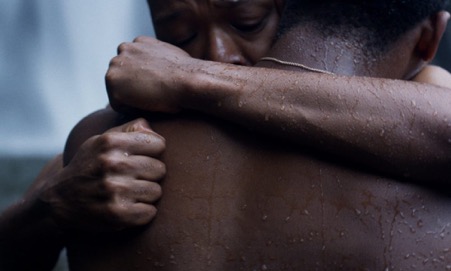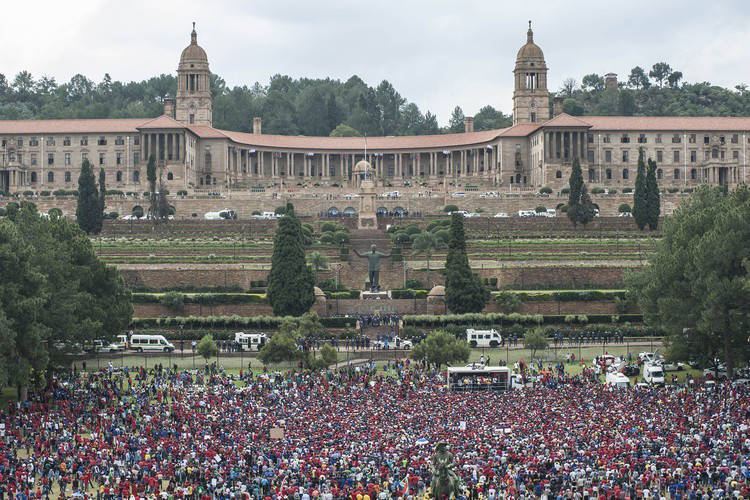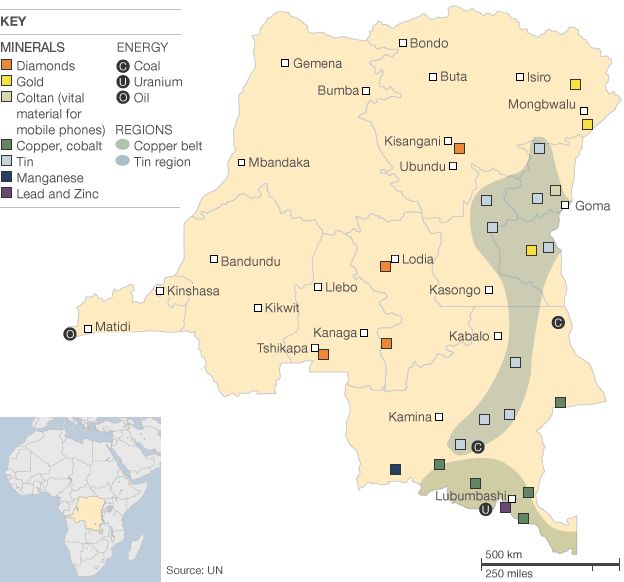Perpetuating Gender – Is it a boy, or girl?
Besides the ‘how many months are you’ question posed to pregnant women, there is the, ‘what gender is your baby’ concern. Imagine for a second that the response to the latter is, ‘it’s a boy’. What follows from there is a conversation on whether the mother is ready for the trouble that a boy brings. This has to be one of the simplest, subtle and yet ingrained ways in which patriarchy manifests and the reinforcement of gender roles triumphs.


